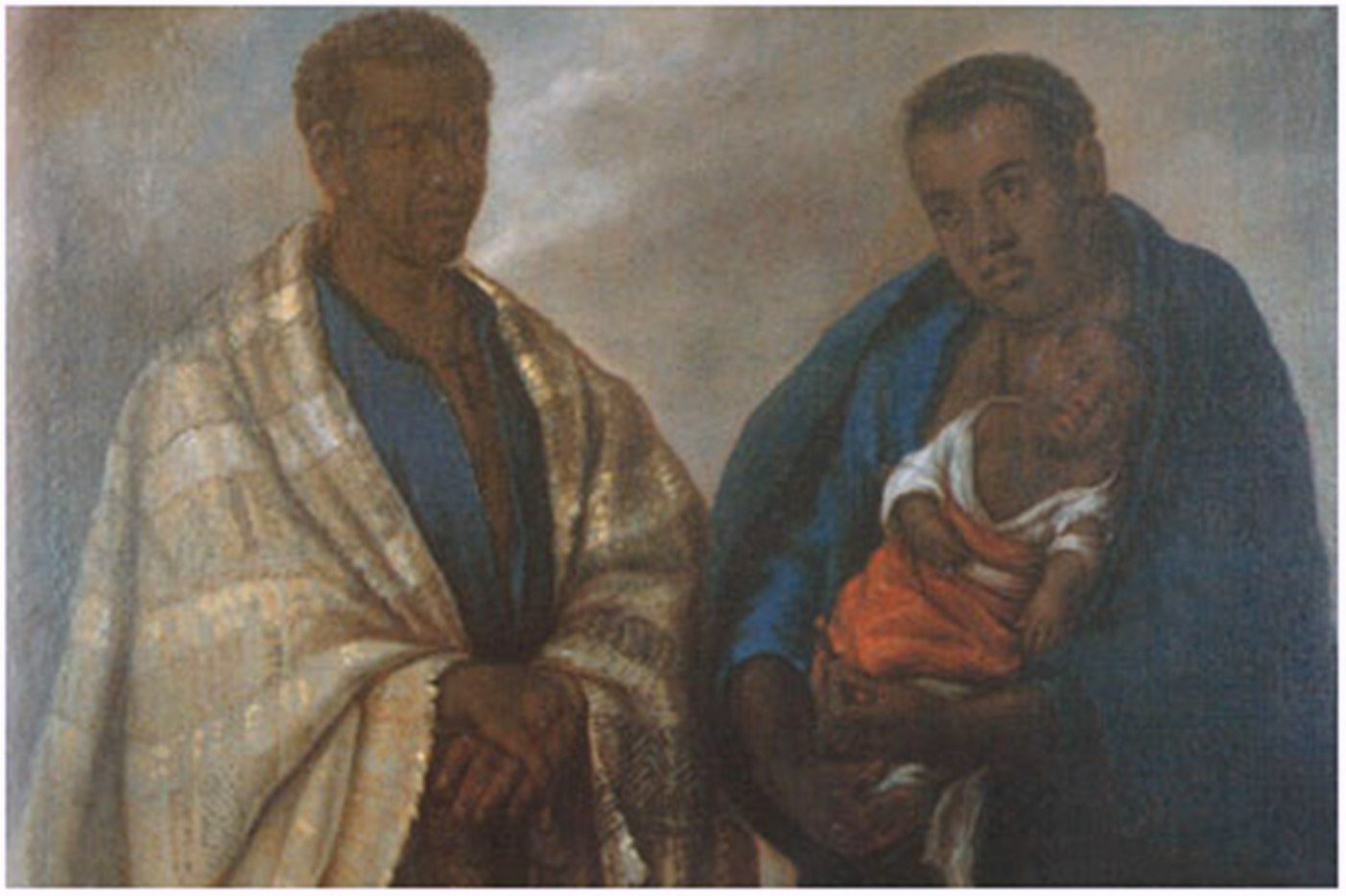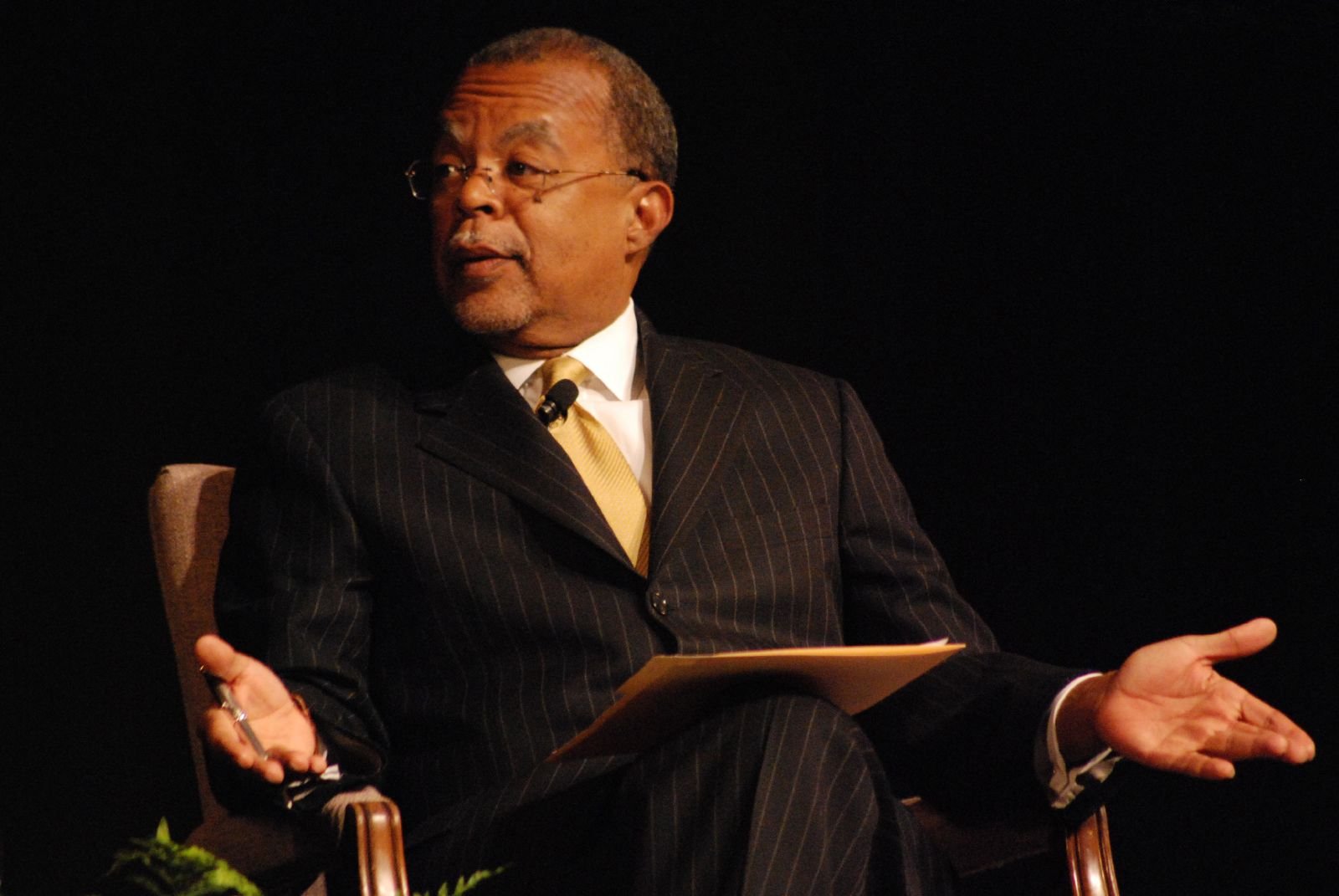|
Diaspora Literacy
Diaspora literacy is a phrase coined by literary scholar Vévé Clark in her work "Developing Diaspora Literacy and Marasa Consciousness" (Spillers:1991, 40–60). It is the ability to understand and/or interpret the multi-layered meanings of stories, words, and other folk sayings within any given community of the African diaspora. These meanings supersede those of "...Western or westernized signification" (42), meaning that they go beyond literal or typical literary interpretation into an area of folk understanding that could only be recognized by the eye skilled in such an understanding. Readers rely solely upon a knowledge and lived experience of social, historical, and cultural climates of the various cultures of the African diaspora as a foundation for interpretation. Theoretical foundations of diaspora literacy Diaspora literacy is based upon several different theoretical concepts. The first concept is that of African diaspora, which is "...the phenomenon and history..." o ... [...More Info...] [...Related Items...] OR: [Wikipedia] [Google] [Baidu] |
Vévé Amasasa Clark
A ''veve'' (also spelled ''vèvè'' or ''vevè'') is a religious symbol commonly used in different branches of Vodun throughout the African diaspora, such as Haitian Vodou and Louisiana Voodoo. The ''veve'' acts as a "beacon" for the '' lwa'', and will serve as a ''lwa''s representation during rituals. ''Veves'' should not be confused with the '' anaforuanas'' used in Abakuá, the '' firmas'' used in Palo, nor the '' pontos riscados'' used in Umbanda and Quimbanda, as these are separate Afro-American religions. History Possible origins include the cosmogram of the Kongo people, or originated as the Nsibidi system of writing for the Igboid and Ekoid languages from West and Central Africa. Function According to Milo Rigaud, "The ''veves'' represent figures of the astral forces... In the course of Vodou ceremonies, the reproduction of the astral forces represented by the veves obliges the lwa... to descend to earth." Every '' lwa'' has their own unique ''veve'', although regiona ... [...More Info...] [...Related Items...] OR: [Wikipedia] [Google] [Baidu] |
Hortense Spillers
Hortense J. Spillers (born April 24, 1942) is an American literary critic, Black Feminist scholar and the Gertrude Conaway Vanderbilt Professor at Vanderbilt University. A scholar of the African diaspora, Spillers is known for her essays on African-American literature, collected in ''Black, White, and In Color: Essays on American Literature and Culture'', published by the University of Chicago Press in 2003, and ''Comparative American Identities: Race, Sex, and Nationality in the Modern Text'', a collection edited by Spillers published by Routledge in 1991. Life Spillers received her B.A. degree from University of Memphis in 1964, M.A. in 1966, and her Ph.D. in English at Brandeis University in 1974. While at the University of Memphis, she was a disc jockey for the all-black radio station WDIA. She has held positions at Haverford College, Wellesley College, Emory University, and Cornell University. Her work has been recognized with awards from the Rockefeller and Ford Foundatio ... [...More Info...] [...Related Items...] OR: [Wikipedia] [Google] [Baidu] |
African Diaspora
The African diaspora is the worldwide collection of communities descended from List of ethnic groups of Africa, people from Africa. The term most commonly refers to the descendants of the native West Africa, West and Central Africans who were slavery, enslaved and shipped to the Americas via the Atlantic slave trade between the 16th and 19th centuries, with their largest populations in Brazil, the United States, and Haiti. The term can also be used to refer to Demographics of Africa, African descendants who immigrated to other parts of the world. Scholars identify "four circulatory phases" of this migration out of Africa. The phrase ''African diaspora'' gradually entered common usage at the turn of the 21st century. The term ''diaspora'' originates from the Greek (''diaspora'', "scattering") which gained popularity in English in reference to the Jewish diaspora before being more broadly applied to other populations. Less commonly, the term has been used in scholarship to refe ... [...More Info...] [...Related Items...] OR: [Wikipedia] [Google] [Baidu] |
The New Negro
''The New Negro: An Interpretation'' (1925) is an anthology of fiction, poetry, and essays on African and African-American art and literature edited by Alain Locke, who lived in Washington, DC, and taught at Howard University during the Harlem Renaissance. As a collection of the creative efforts coming out of the burgeoning New Negro Movement or Harlem Renaissance, the book is considered by literary scholars and critics to be the definitive text of the movement. Part 1 of ''The New Negro: An Interpretation'', titled "The Negro Renaissance", includes Locke's title essay "The New Negro", as well as nonfiction essays, poetry, and fiction by writers including Countee Cullen, Langston Hughes, Zora Neale Hurston, Claude McKay, Jean Toomer, and Eric Walrond. ''The New Negro: An Interpretation'' dives into how the African Americans sought social, political, and artistic change. Instead of accepting their position in society, Locke saw the New Negro as championing and demanding c ... [...More Info...] [...Related Items...] OR: [Wikipedia] [Google] [Baidu] |
Harlem Renaissance
The Harlem Renaissance was an intellectual and cultural revival of African-American music, dance, art, fashion, literature, theater, politics, and scholarship centered in Harlem, Manhattan, New York City, spanning the 1920s and 1930s. At the time, it was known as the "New Negro Movement", named after '' The New Negro'', a 1925 anthology edited by Alain Locke. The movement also included the new African-American cultural expressions across the urban areas in the Northeastern United States and the Midwestern United States affected by a renewed militancy in the general struggle for civil rights, combined with the Great Migration of African-American workers fleeing the racist conditions of the Jim Crow Deep South, as Harlem was the final destination of the largest number of those who migrated north. Though it was centered in the Harlem neighborhood, many francophone black writers from African and Caribbean colonies who lived in Paris, France, were also influenced by the movement. ... [...More Info...] [...Related Items...] OR: [Wikipedia] [Google] [Baidu] |
Indigenismo
() is a political ideology in several Latin American countries which emphasizes the relationship between the nation state and Indigenous nations and Indigenous peoples. In some contemporary uses, it refers to the pursuit of greater social and political inclusion for Indigenous peoples in Latin America, whether through nation-wide reforms or region-wide alliances. In either case, this type of seeks to vindicate Indigenous cultural and linguistic difference, assert Indigenous rights, and seek recognition and in some cases compensation for past wrongdoings of the colonial and republican states. Nevertheless, some historical figures like José Martí are classified as having been both indigenistas and hispanistas. Indigenismo in Mexico Originally, was a component of Mexican nationalism that consolidated after the Mexican Revolution. This lauded some aspects of Indigenous cultural heritage, but primarily as a relic of the past. Within the larger national narrative of the Mexican ... [...More Info...] [...Related Items...] OR: [Wikipedia] [Google] [Baidu] |
Signifying
Signifyin' (sometimes written "signifyin(g)") is a practice in African-American culture involving a verbal strategy of indirection that exploits the gap between the denotative and figurative meanings of words. A simple example would be insulting someone to show them affection. Other names for signifyin' include: "Dropping lugs, joaning, sounding, capping, snapping, dissing, busting, bagging, janking, ranking, toasting, woofing, roasting, putting on, or cracking." Signifyin' directs attention to the connotative, context-bound significance of words, which is accessible only to those who share the cultural values of a given speech community. The expression comes from stories about the signifying monkey, a trickster figure said to have originated during slavery in the United States. The American literary critic Henry Louis Gates Jr. wrote in '' The Signifying Monkey'' (1988) that signifyin' is "a trope, in which are subsumed several other rhetorical tropes, including metaphor, m ... [...More Info...] [...Related Items...] OR: [Wikipedia] [Google] [Baidu] |
Henry Louis Gates Jr
Henry Louis Gates Jr. (born September 16, 1950), popularly known by his childhood nickname "Skip", is an American literary critic, professor, historian, and filmmaker who serves as the Alphonse Fletcher University Professor and the director of the Hutchins Center for African and African American Research at Harvard University. He is a trustee of the Gilder Lehrman Institute of American History. He rediscovered the earliest known African-American novels and has published extensively on the recognition of African-American literature as part of the Western canon. In addition to producing and hosting previous series on the history and genealogy of prominent American figures, since 2012, Gates has been host of the television series ''Finding Your Roots'' on PBS. The series combines the work of expert researchers in genealogy, history, and historical research in genetics to tell guests about the lives and histories of their ancestors. Early life and education Gates was born on Septe ... [...More Info...] [...Related Items...] OR: [Wikipedia] [Google] [Baidu] |
The Signifying Monkey
''The Signifying Monkey: A Theory of African-American Literary Criticism'' is a work of literary criticism and theory by the American scholar Henry Louis Gates Jr. first published in 1988. The book traces the folkloric origins of the African-American cultural practice of "signifying" and uses the concept of signifyin(g) to analyze the interplay between texts of prominent African-American writers, specifically Richard Wright, Ralph Ellison, Zora Neale Hurston and Ishmael Reed. Gates' title alludes to the song "Signifyin' Monkey" by Oscar Brown, recorded in 1960. Literary signifying Signifyin(g) is closely related to double-talk and trickery of the type used by the Monkey of these narratives, but, as Gates himself admits, "It is difficult to arrive at a consensus of definitions of signifyin(g)." Bernard W. Bell defines it as an "elaborate, indirect form of goading or insult generally making use of profanity". Roger D. Abrahams writes that to signify is "to imply, goad, beg, ... [...More Info...] [...Related Items...] OR: [Wikipedia] [Google] [Baidu] |
Maryse Condé
Maryse Condé (née Marise Liliane Appoline Boucolon; 11 February 1934 – 2 April 2024) was a French novelist, critic, and playwright from the French Overseas department and region of Guadeloupe. She was also an academic, whose teaching career took her to West Africa and North America, as well as the Caribbean and Europe. As a writer, Condé is best known for her novel ''Ségou'' (1984–1985). Condé's writings explore the African diaspora that resulted from slavery and colonialism in the Caribbean. Her novels, written in French, have been translated into English, German, Dutch, Italian, Spanish, Portuguese, and Japanese. She won various awards, such as the Grand Prix Littéraire de la Femme (1986), Prix de l'Académie française (1988), Prix Carbet de la Caraïbe (1997)"Author Profile: Maryse Condé" . ''World Literatur ... [...More Info...] [...Related Items...] OR: [Wikipedia] [Google] [Baidu] |
Carole Boyce Davies
Carole Boyce Davies is a Caribbean-American professor of Africana Studies and English at Cornell University, the author of the prize-winning ''Left of Karl Marx: The Political Life of Claudia Jones'' (2008) and ''Black Women, Writing and Identity: Migrations of the Subject'' (1994), as well as editor of several critical anthologies in African and Caribbean literature. She is currently the Frank H. T. Rhodes Professor of Humane Letters, an endowed chair named after the 9th president of Cornell University. Among several other awards, she was the recipient of two major awards, both in 2017: the Frantz Fanon Lifetime Achievement Award from the Caribbean Philosophical Association and the Distinguished Africanist Award from the New York State African Studies Association. Boyce Davies has held distinguished professorships at a number of universities including the Herskovits Professor of African Studies at Northwestern University (2000) and was appointed to the Kwame Nkrumah Professor at ... [...More Info...] [...Related Items...] OR: [Wikipedia] [Google] [Baidu] |



